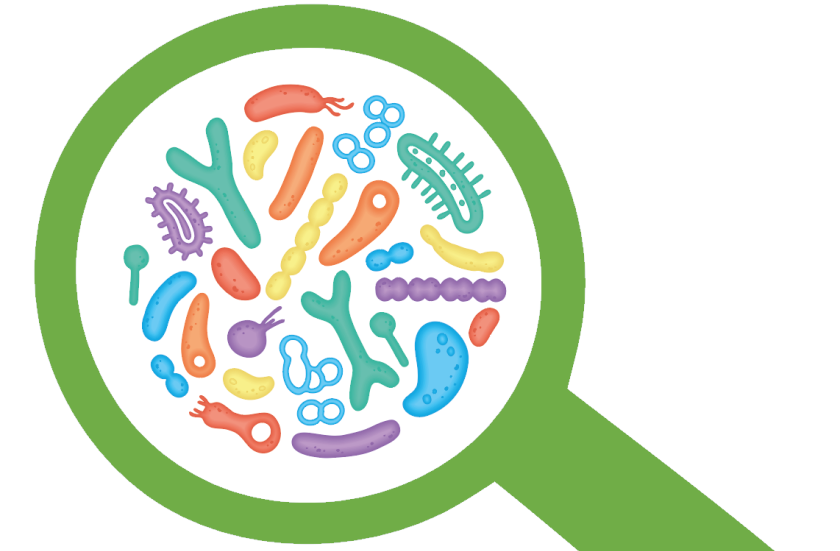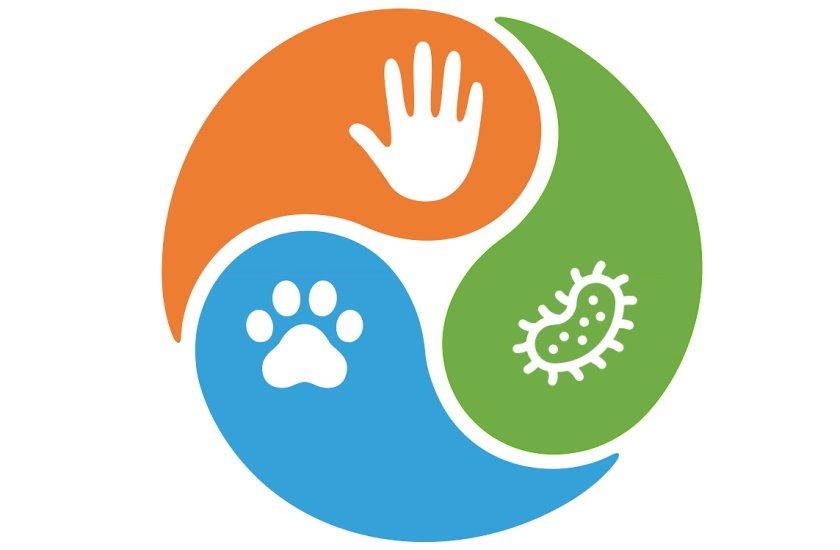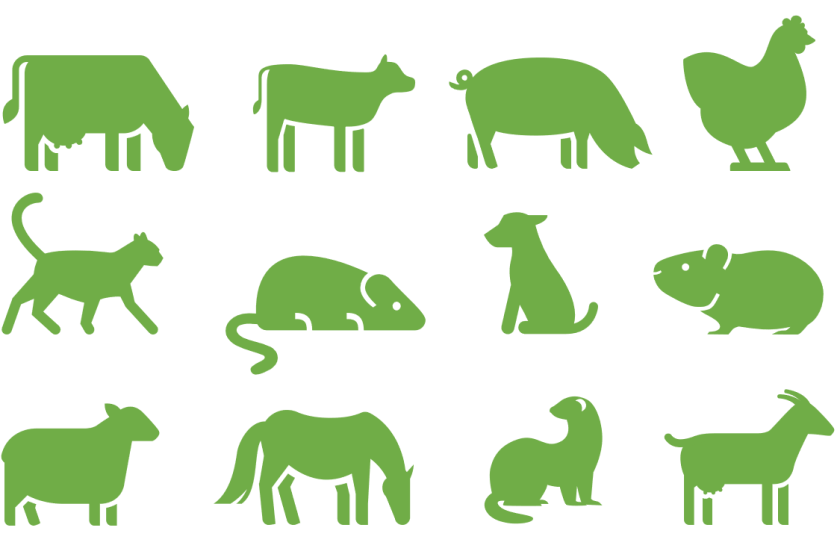
Expertise
Embracing the animal microbiome
The Wageningen University & Research 2024 Dies Natalis entitled ‘From globe to gut’ on March 8, addressed the key role microbiomes play in societal challenges. For example human and animal health, sustainable food production and environmental pollution. Our research has shown the importance of the animal microbiome in (gut) health and welfare, as well as the relationship of the microbiome and host genetics in methane production of dairy cattle.
The (animal) microbiome, what is it?
The microbiome is the community of microorganisms, including bacteria, fungi, viruses, and protozoa, that occupy a particular environment. Like humans, animals also have microbiomes, for example on their skin, oral cavity, lung, and gut. Especially, the gut has been studied which has shown to be an important site for the microbiome, as resident microorganisms can help in degradation of food ingredients, stimulate (gut) development, and contribute to health.
Important factors that are associated with (gut) microbiome composition differences of animals are: age, breed, gut region, maternal factors, sex, nutrition, housing, hygiene, medication, temperature, litter, and (geographical) location. For sustainable livestock production, gut health is a prerequisite, where the gut microbiota can be leveraged.

What is the relation of animal-human microbiomes in health?
Some microbial species are shared between animals and humans, with certain ones classified as pathogens. These can lead to diseases affecting the airway, intestine, urinary tract, mammary glands or immune system, resulting in inflammation and alterations to the microbiome. Microbes, both beneficial and harmful, coexist within specific ecosystems. When an opportunity arises, pathogens can trigger an immune response in the host, consequently causing a shift in the composition of the microbiome.
When bacteria cause infection or disease, antibiotics may be administered to inhibit growth and/or kill microorganisms. However, some pathogens have evolved the ability to survive exposure to antimicrobial agents, leading to antimicrobial resistance (AMR). Studying the animal-human microbiome relation is important. Understanding how microbes interact can help develop strategies against AMR.

What microbiome questions do we help answer?
Animal microbiome studies at Wageningen University & Research are conducted in different research fields, namely:
- Human and animal health
- Sustainable food systems
- Biodiversity and resilient ecosystems
For each of these fields, one can think of studies that show an effect of a pathogen or infections, vaccination, nutrition (including feed ingredients, additives, prebiotics and probiotics), breeding and environment, such as play material or air filters.
Our main species of interest for primary production are (dairy) cattle, pigs, and poultry. We also have experience with sheep, goats, mice, dogs, cats, guinea pigs and ferrets.














